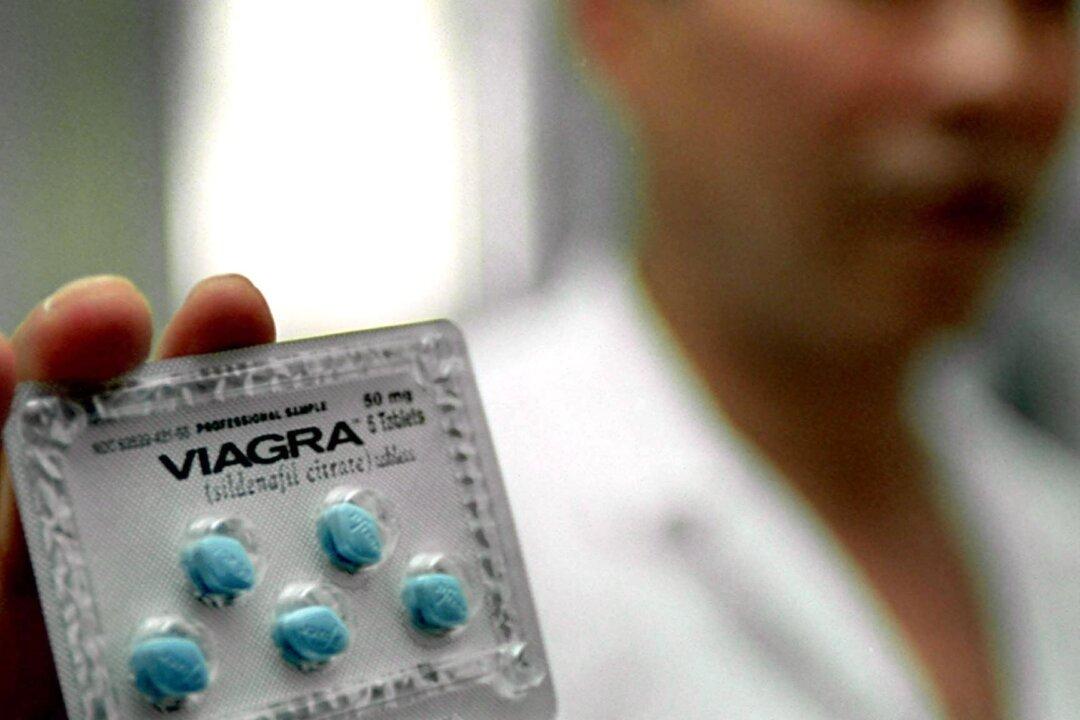The deaths of 11 babies whose mothers were given sildenafil (SIL), commonly known as Viagra, during pregnancy as part of a clinical trial in the Netherlands, have sparked an immediate shutdown of the experimental treatment.
Medical researchers at the Amsterdam University Medical Center announced on Monday that the experimental study to evaluate the safety and effectiveness of the drug on unborn babies suffering from severe fetal growth restriction and who faced increased risk of being stillborn or dying after birth, would be brought to an end.





